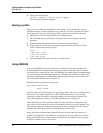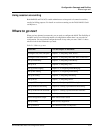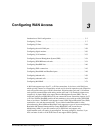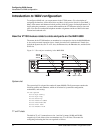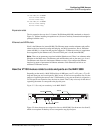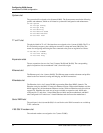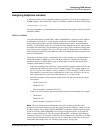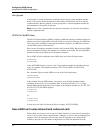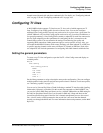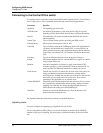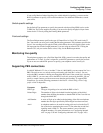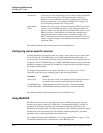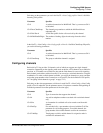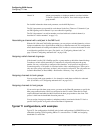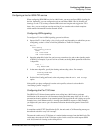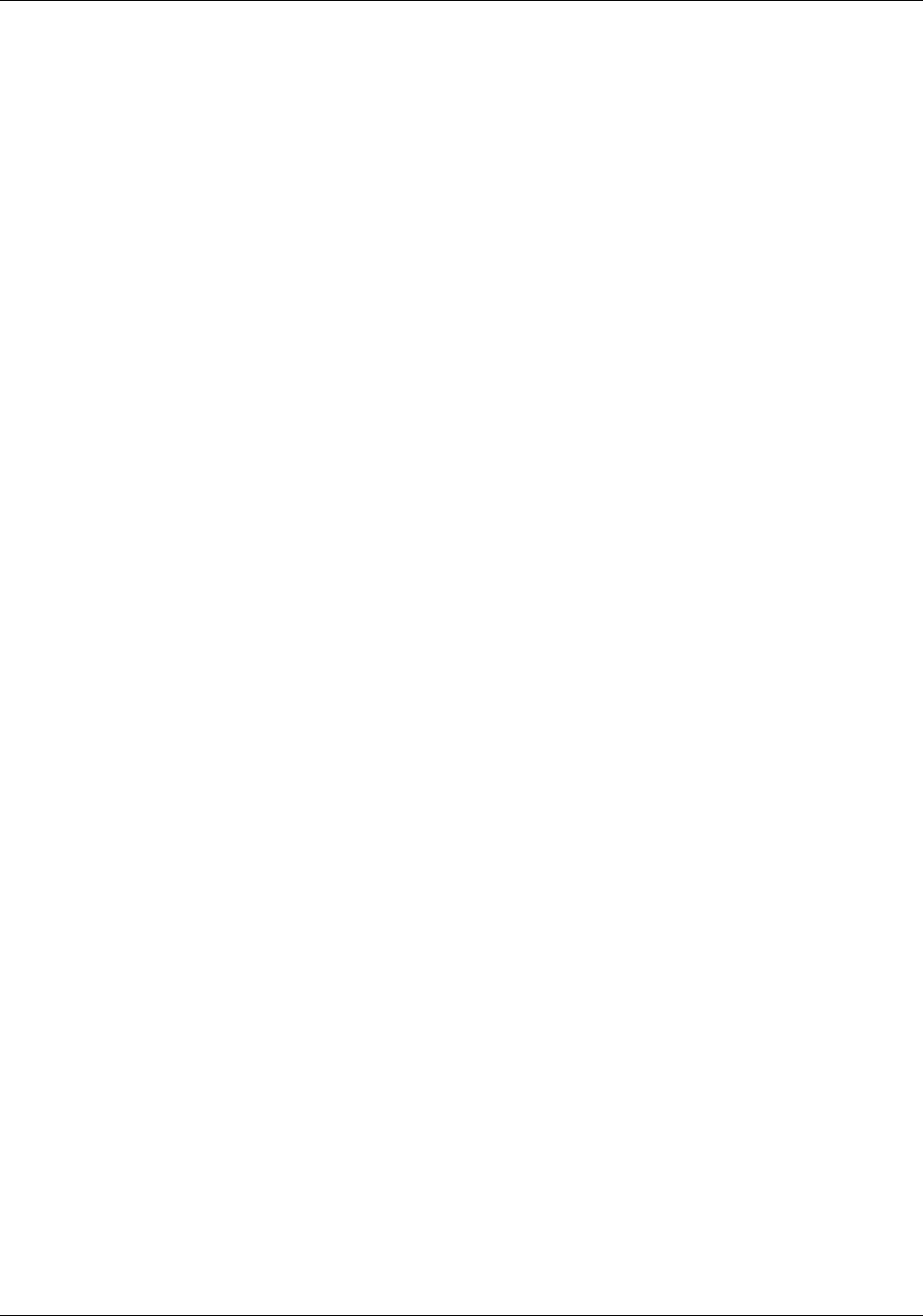
3-6 MAX 6000/3000 Network Configuration Guide
Configuring WAN Access
Introduction to WAN configuration
Hunt groups
A hunt group is a group of channels to which the carrier assigns a single telephone number.
When a call comes in on that number, the Central Office switch delivers the call to the first
available channel. Because channels in a hunt group share a common telephone number, the
add-on numbers in the profile are the same.
Note: If all of a line’s channels have the same add-on number, you can leave the telephone
number assignment blank.
SPIDS (for Net/BRI lines)
The Service Profile Identifiers (SPIDs) assigned to a BRI line operating in multipoint mode are
numbers used at the Central Office switch to identify services provisioned for your ISDN line.
Your carrier bases the SPIDs on the telephone numbers assigned to your BRI lines, and tells
you the SPIDs when it installs the lines.
Most, but not all telephone companies include a suffix on their SPIDs. When receiving SPIDs
from your telephone company, ask whether or not suffixes are included. The following SPID
formats have been agreed upon by most telephone companies.
For an AT&T switch in multipoint mode, SPIDs have one of the following formats:
01nnnnnnn0
01nnnnnnn00
In the AT&T SPID formats, nnnnnnn is the 7 digit telephone number (not including the area
code). For example, if the telephone number is 555-1212, the SPID is 0155512120 or
01555121200.
For a Northern Telecom switch, SPIDs have one of the following formats:
aaannnnnnnSS
aaannnnnnnSS00
In the Northern Telecom SPID formats, aaannnnnnn is the 10-digit telephone number
(including the area code). SS is an optional suffix. If included, the suffix is a 1 or 2 digit
number differentiating the channels. For example, if the telephone numbers are 212-555-1212
and 212-555-1213, the SPIDs might be:
21255512121
21255512132
or:
212555121201
212555121302
In some cases, the suffix is followed by 00 (for example, 21255512130200).
How a MAX unit routes inbound and outbound calls
When a MAX unit receives a call on one of its WAN interfaces, it routes that call internally to
one of its slots or ports. When a digital modem, AIM port, or a host on the local Ethernet port
originates a dial-out connection, the unit routes that call internally to an available WAN
channel to place the call. The channel configuration of a WAN line determines how the



